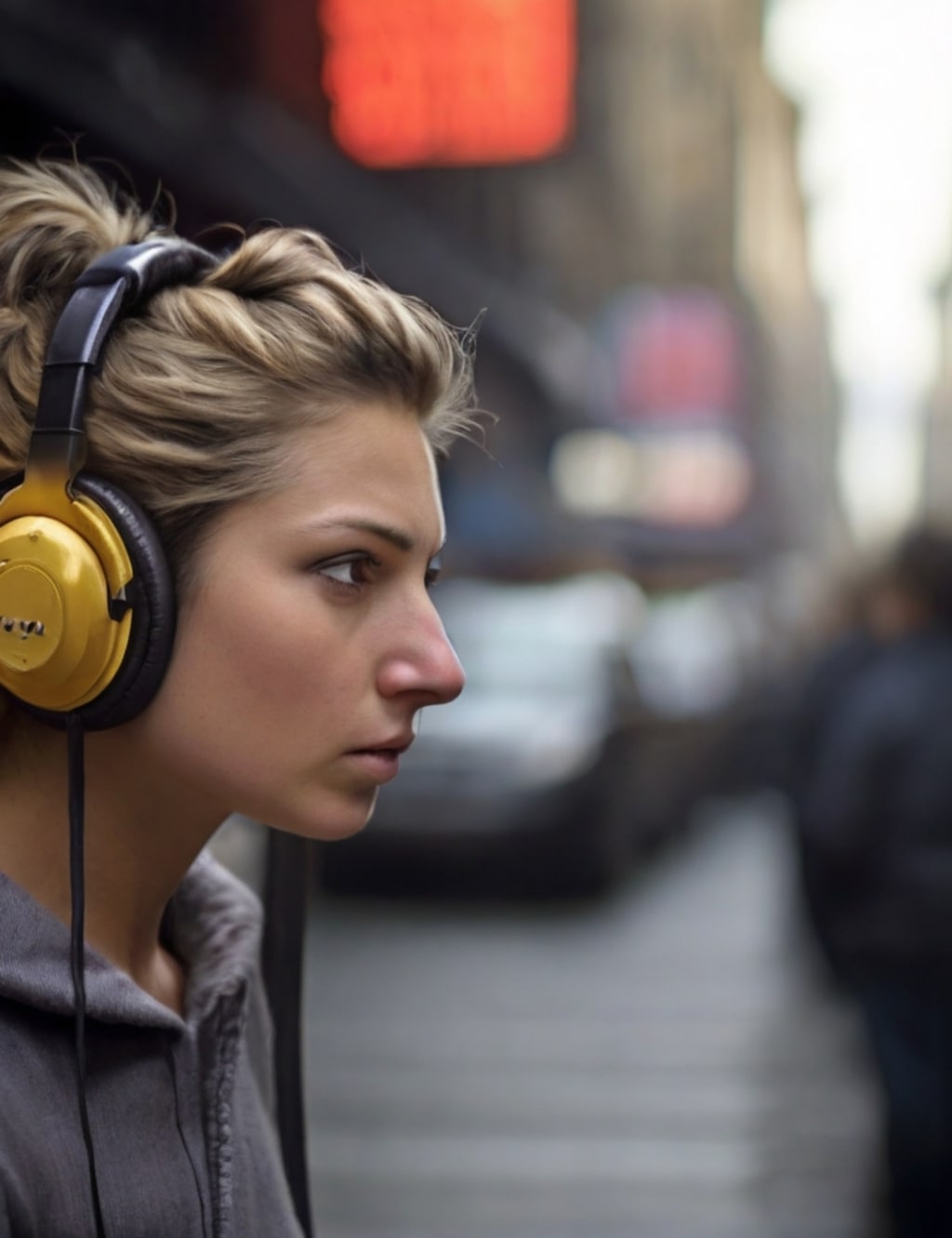Unheard Dangers: The Deafening Reality of Noise Pollution
Navigating the Silent Epidemic and Safeguarding Our Hearing Health

Exploring the Effects of Noise Pollution
Beyond the immediate discomfort caused by loud noises, noise pollution can have profound effects on both physical and mental health. Studies have linked chronic exposure to noise pollution with increased stress levels, hypertension, cardiovascular diseases, and even cognitive impairment. Moreover, noise pollution can disrupt sleep patterns, leading to fatigue, irritability, and decreased productivity during waking hours.
Vulnerable Populations at Risk
Certain populations are particularly vulnerable to the adverse effects of noise pollution. Children, for instance, are more susceptible to noise-related hearing loss due to their developing auditory systems. Exposure to loud noises during critical periods of development can have long-lasting effects on their hearing abilities. Similarly, elderly individuals may already experience age-related hearing loss, making them more sensitive to environmental noise and its detrimental effects.
Environmental Impact
Beyond its impact on human health, noise pollution also disrupts ecosystems and wildlife. Many animals rely on sound for communication, navigation, and locating food sources. Excessive noise from urban areas can interfere with these vital activities, leading to changes in behavior, habitat displacement, and even reproductive failure in some species. For example, marine animals like whales and dolphins rely on sound for navigation and communication, but underwater noise pollution from human activities such as shipping and sonar can disrupt these crucial behaviors, leading to negative consequences for entire marine ecosystems.
Mitigating Noise Pollution: A Collective Effort
Addressing noise pollution requires a multi-faceted approach involving individuals, communities, businesses, and policymakers. Individuals can take simple yet effective steps to reduce their exposure to loud noises, such as using earplugs or noise-canceling headphones in noisy environments, keeping the volume of personal electronic devices at a moderate level, and advocating for quieter transportation options in their communities.
Communities can implement noise ordinances and zoning regulations to limit noise levels in residential areas, designate quiet zones in urban areas, and promote the use of noise-reducing technologies in public spaces. Businesses can invest in soundproofing measures to minimize noise emissions from their operations and equipment, while policymakers can enact and enforce legislation to regulate noise pollution from various sources, including transportation, construction, and industrial activities.
Conclusion: Preserving Sound Health for Future Generations
In conclusion, noise pollution poses a significant threat to human health, wildlife, and the environment at large. As our world becomes increasingly urbanized and industrialized, it is imperative that we take proactive measures to mitigate noise pollution and protect our auditory well-being. By raising awareness, implementing effective policies, and adopting sound-reducing technologies and practices, we can create a quieter, healthier environment for current and future generations to enjoy.
About the Creator
Christopher Ezeh
As a dedicated writer, I specialize in crafting insightful articles and life-inspiring stories. My passion for storytelling and music drives me to explore boundless creativity. Join me as I delve into the depths of human experience.
Thanks.
Enjoyed the story? Support the Creator.
Subscribe for free to receive all their stories in your feed. You could also pledge your support or give them a one-off tip, letting them know you appreciate their work.






Comments
There are no comments for this story
Be the first to respond and start the conversation.